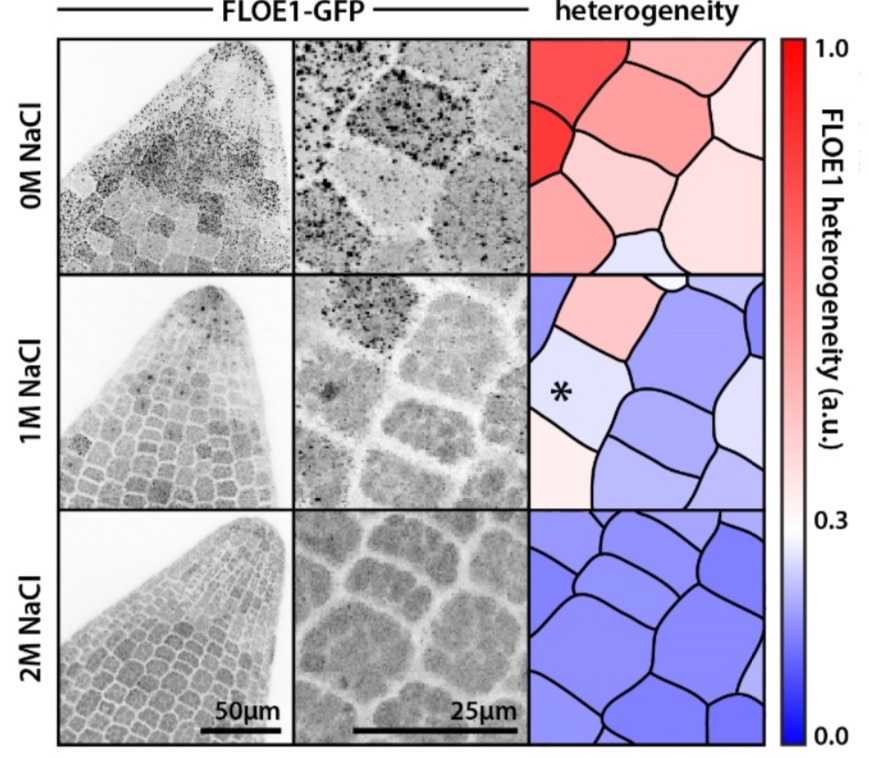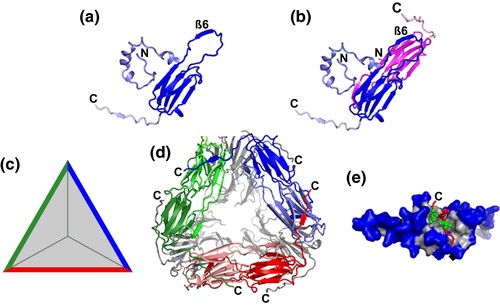
Tomatoes turn pale in the heat: high temperature reduces red and green pigmentation via phytochromes
Blog, Plant Physiology, Plant Physiology: News and Views, ResearchThe gardeners among us know that direct sunlight is a prerequisite to obtain full-sized, bright red tomato (Solanum lycopersicum) fruits. Indeed, light increases the accumulation of yellow and red carotenoid pigments, particularly lycopene, in ripe tomato fruits while it also boosts chlorophyll levels…

Hydration-dependent phase separation of a prion-like protein regulates seed germination during water stress (bioRxiv)
Plant Science Research WeeklyPlant seeds can remain dormant for several years under stress conditions and subsequently germinate once favorable conditions return. Even though this phenomenon has been known for many years, what keeps the seed from germinating during the unfavorable conditions, especially during water deficit conditions,…

Feasting While Fasting: How Autophagy Helps Maize Survive Carbon Starvation
Blog, Research, The Plant Cell, The Plant Cell: In BriefMost macro-molecular components of plant cells (e.g., proteins, lipids, and even entire organelles) are subject to an ongoing process of recycling to both rejuvenate aging structures and optimize the allocation of cellular nutrients. A major recycling route is autophagy, which occurs under normal conditions…

Cold, but not freezing: the ICE-L genome ($) (Current Biology)
Plant Science Research Weekly
When sea water freezes, it forms not a solid mass of ice, but rather a frozen matrix criss-crossed by tiny brine-filled channels. It is within these brine channels in the Antarctic sea ice that the psychrophilic (cold-loving) green alga ICE-L lives. How is it able to thrive in such a seemingly hostile…

Comparative profiling examines roles of DNA regulatory sequences and accessible chromatin during cold stress response in grasses
Research, The Plant Cell, The Plant Cell: In BriefPhysical access to regulatory DNA, including cis-regulatory sequences found within proximal promoters and distal enhancer elements, is a vital property of chromatin. In turn, their access is determined by nucleosome occupancy and post-translational modification of histone proteins. A continuum of chromatin…

Review: Plant small heat shock proteins – evolutionary and functional diversity (New Phytol.)
Plant Science Research WeeklyHeat shock proteins are rapidly induced by heat treatment and were among the first plant genes and proteins characterized in the early days of molecular biology, nearly 40 years ago. Waters and Vierling review the family of small heat shock proteins (sHSPs), which has been especially amplified in plants…

